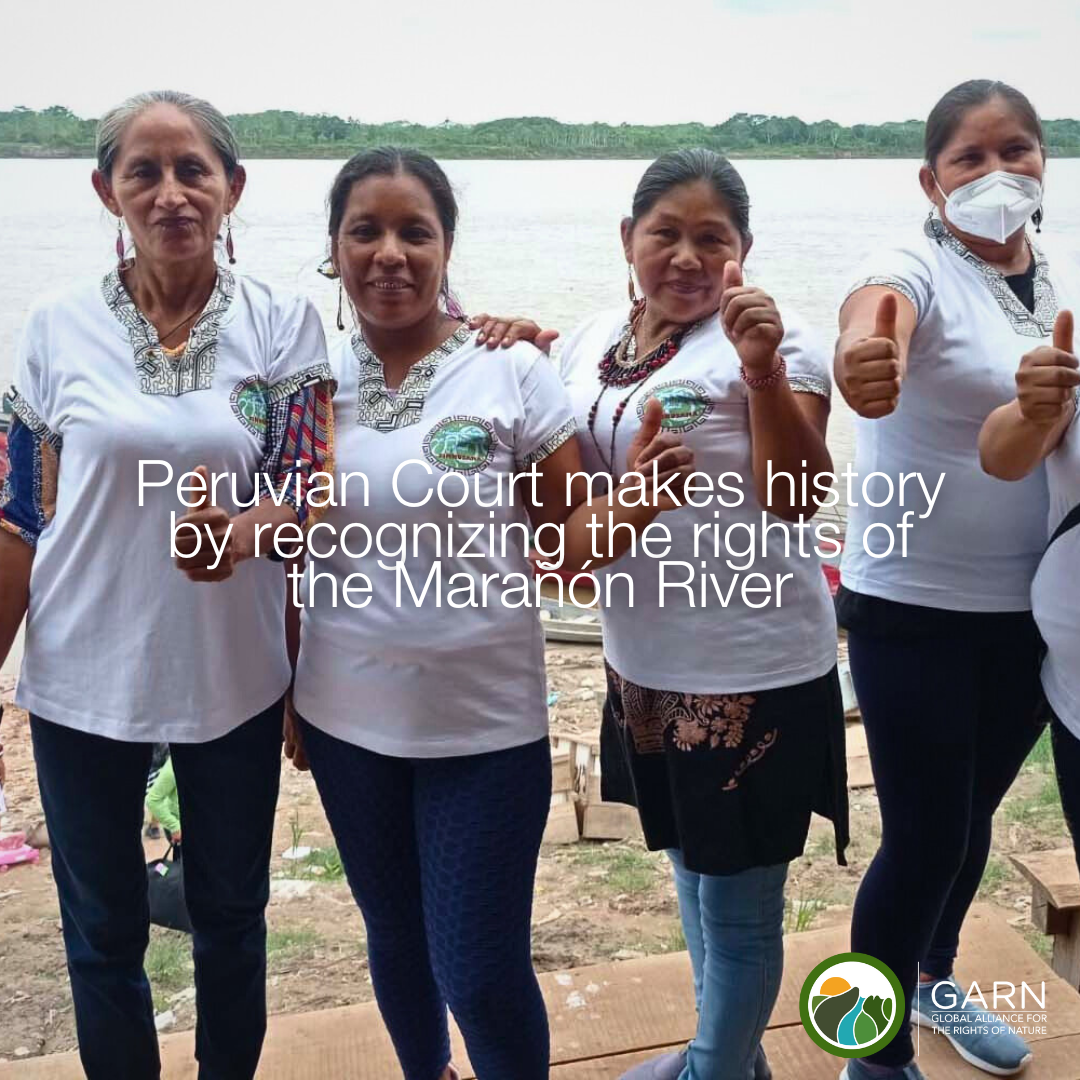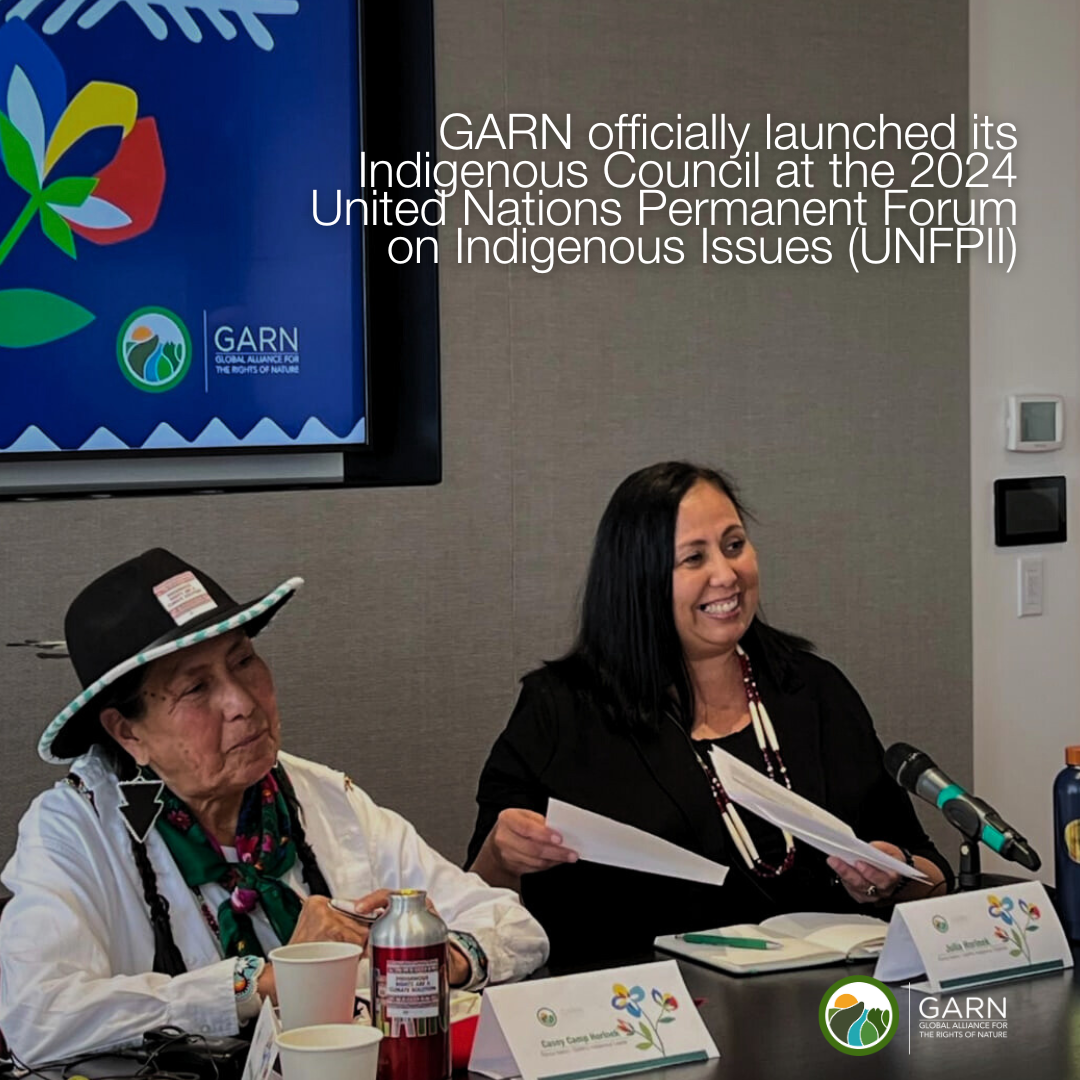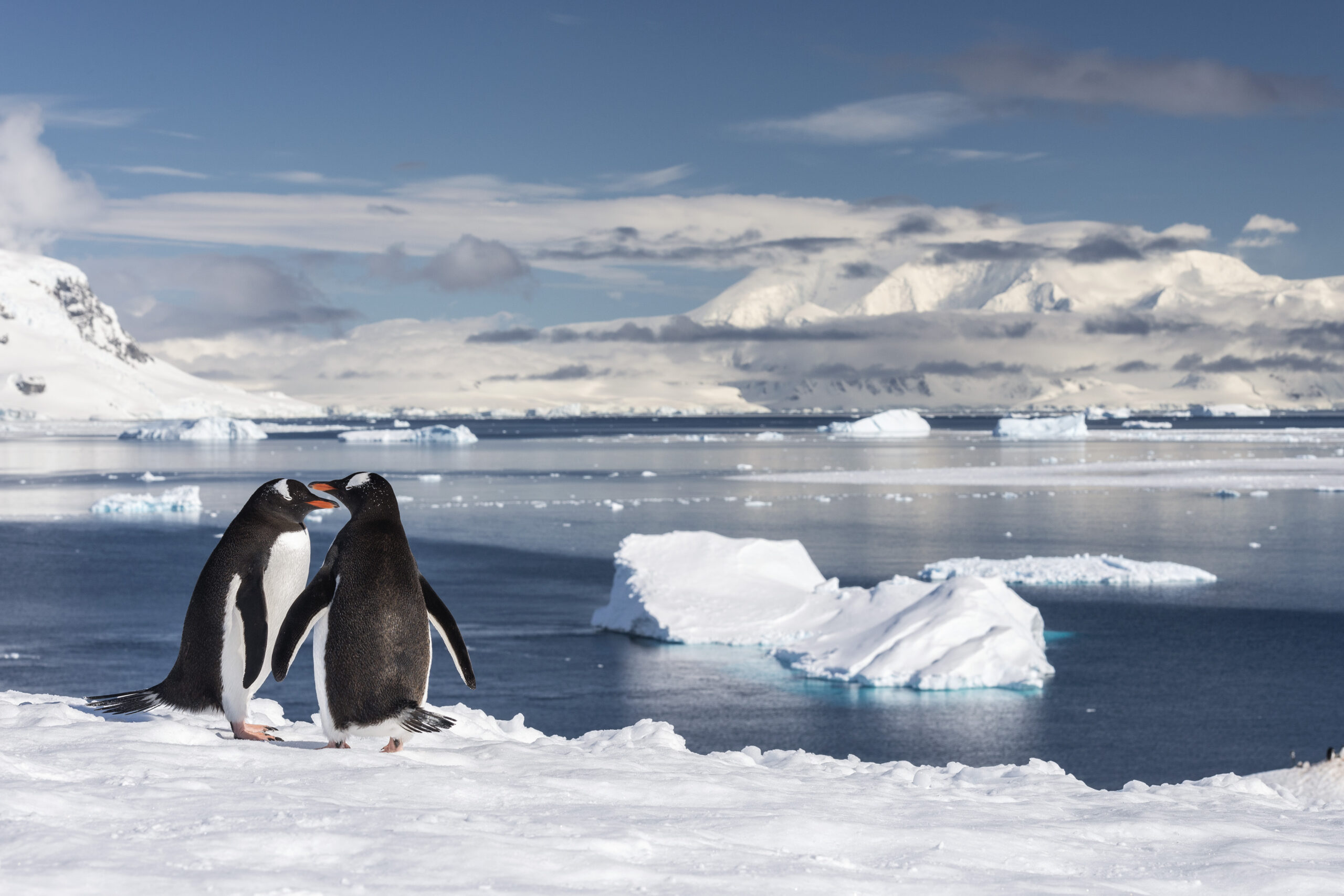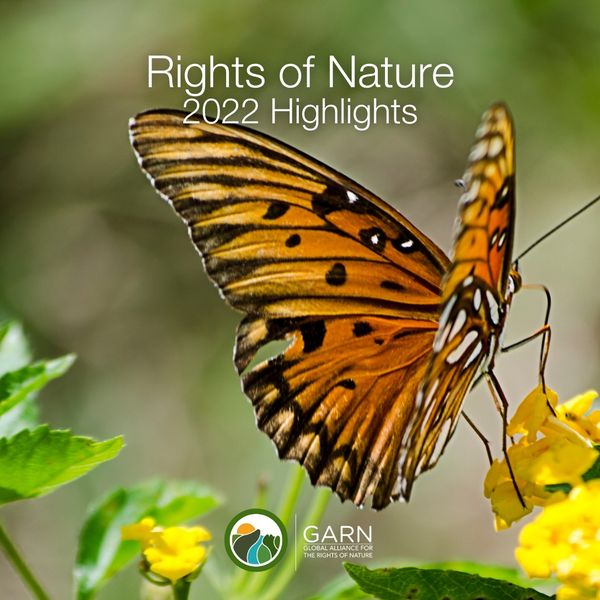En un hito trascendental para la protección de los ecosistemas acuáticos y los Derechos de la Naturaleza, la Corte Superior de Justicia de Loreto, Perú ha fallado a favor de reconocer los derechos del Río Marañón, un vital afluente que fluye a través de las tierras peruanas. Este logro monumental es el resultado de una batalla legal liderada por valientes mujeres indígenas Kukama, que durante años han luchado incansablemente contra la contaminación y los derrames de petróleo que amenazan la vida misma del río.
La sentencia, emitida por la jueza Corely Armas Chapiama del Juzgado Mixto de Nauta, representa un avance significativo en la lucha por la protección ambiental y los derechos de las comunidades indígenas. Por primera vez en la historia, un tribunal reconoce al Río Marañón como una entidad con derechos inherentes, incluido el derecho a existir, fluir, y permanecer libre de contaminación. Esta decisión sienta un importante precedente no solo para el Río Marañón, sino también para otros cuerpos de agua que enfrentan amenazas similares en todo el mundo.
Las mujeres Kukama, a través de su federación Huaynakana Kamatahuara Kana, han demostrado una admirable determinación en su búsqueda de justicia ambiental. Desde el año 2021, han liderado una batalla legal contra el Estado peruano (el Ministerio del Ambiente, el Instituto de Investigaciones de la Amazonía Peruana (IIAP), la Autoridad Nacional del Agua (ANA) y el Ministerio de Energía y Minas), y la empresa Petroperú, exigiendo protección para el Río Marañón y sus afluentes. Su persistencia y valentía han sido recompensadas con esta histórica sentencia, que reconoce no solo la importancia del río en términos ecológicos, sino también su profundo significado cultural y espiritual para las comunidades indígenas.
Este hito legal no habría sido posible sin el apoyo y la colaboración de una amplia red de aliados y organizaciones dedicadas a la defensa de los Derechos de la Naturaleza: Instituto de Defensa Legal, International Rivers, Earth Law Center, Forum Solidaridad Perú, Quisca, Radio Ucamara, Radio Voz de La Selva, WCS Perú, la parroquia Santa Rita de Castilla, el Obispo de Iquitos Monseñor Miguel Ángel Cadenas y el P. Manolo Berjón del Vicariato Apostólico de Iquitos, Mesa Regional de Lucha Contra La Pobreza, Broederlijk Delen, y la Alianza Global por los Derechos de la Naturaleza (GARN), que ha dado seguimiento al tema y apoyado con un Amicus Curiae. Pero sobre todo, debemos rendir homenaje a las mujeres Kukama, cuya resistencia y determinación han inspirado a todos a luchar más duro por un futuro en el que la Naturaleza y las comunidades indígenas sean respetadas y protegidas.
Esta sentencia no solo es una victoria para el Río Marañón y las comunidades que dependen de él, sino también para el movimiento global por los Derechos de la Naturaleza. Hoy celebramos este hito y renovamos nuestro compromiso de seguir defendiéndolos en todo el mundo.
In a momentous milestone for the protection of aquatic ecosystems and the Rights of Nature, the Superior Court of Justice of Loreto, Peru has ruled in favor of recognizing the rights of the Marañón River, a vital tributary flowing through Peruvian lands. This monumental achievement is the result of a legal battle led by courageous Kukama Indigenous women, who for years have fought tirelessly against pollution and oil spills that threaten the very life of the river.
The ruling, issued by Judge Corely Armas Chapiama of the Mixed Court of Nauta, represents a significant advance in the fight for environmental protection and the rights of Indigenous communities. For the first time in history, a court recognizes the Marañón River as an entity with inherent rights, including the right to exist, flow, and remain free of contamination. This decision sets an important precedent not only for the Marañón River, but also for other bodies of water facing similar threats around the world.
The Kukama women, through their federation Huaynakana Kamatahuara Kana, have shown admirable determination in their quest for environmental justice. Since 2021, they have led a legal battle against the Peruvian State (the Ministry of Environment, the Peruvian Amazon Research Institute (IIAP), the National Water Authority (ANA) and the Ministry of Energy and Mines), and the Petroperú company, demanding protection for the Marañón River and its tributaries. Their persistence and courage have been rewarded with this historic ruling, which recognizes not only the river’s importance in ecological terms, but also its profound cultural and spiritual significance for the indigenous communities.
This legal milestone would not have been possible without the support and collaboration of a wide network of allies and organizations dedicated to the defense of the Rights of Nature: Instituto de Defensa Legal, International Rivers, Earth Law Center, Forum Solidaridad Perú, Quisca, Radio Ucamara, Radio Voz de La Selva, WCS Perú, the parish of Santa Rita de Castilla, the Bishop of Iquitos Monsignor Miguel Ángel Cadenas and Fr. Manolo Berjón of the Apostolic Vicariate of Iquitos, Mesa Regional de Lucha Contra La Pobreza, Broederlijk Delen, and the Global Alliance for the Rights of Nature (GARN), which has followed up on the issue and supported it with an Amicus Curiae. But above all, we must pay tribute to the Kukama women, whose resilience and determination have inspired everyone to fight harder for a future in which Nature and indigenous communities are respected and protected.
This ruling is not only a victory for the Marañón River and the communities that depend on it, but also for the global movement for the Rights of Nature. Today we celebrate this milestone and renew our commitment to continue defending them around the world.




